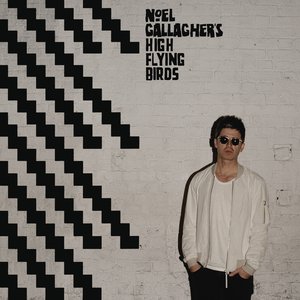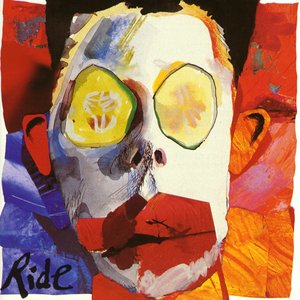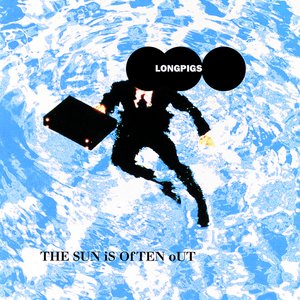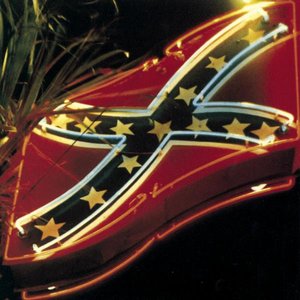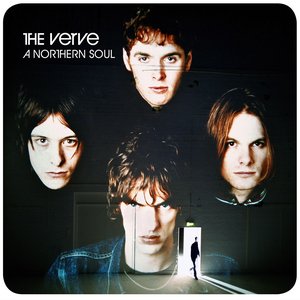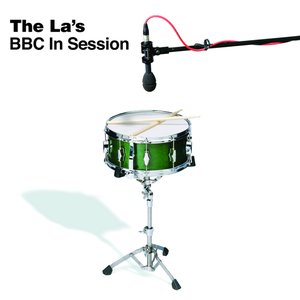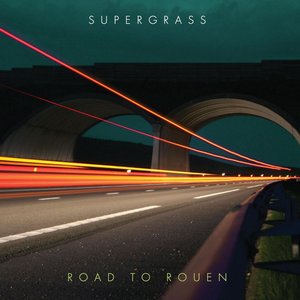Wiki
-
Release Date
15 June 1993
-
Length
10 tracks
Like the band's prior EPs and singles, most of the songs on this album are bathed in heavy layers of delay (echo) and reverb, used on both the guitars and the vocals, in order to give a disorientating psychedelic overall effect.
Nick McCabe admitted he found work with John Leckie difficult and was ultimately dissatisfied with the album's sound: ''I just found it really difficult. I had something in my mind, he had something in his, and I generally ended up doing it somewhere in the middle. It got to the point to where he would come out and start fiddling with my amp. I'd wait for him to turn his back and then I'd put it back.'' (http://www.excellentonline.com/story/nick-mccabe-interview-733 1999 interview)
"Star Sail" appeared on the soundtrack album for the 1993 movie Sliver.
"The Sun, The Sea" and "Butterfly" feature experimental saxophone and trumpet playing and reversed guitar loops. The lyrics of "Butterfly" pertain directly to the so-called Butterfly effect. (The song "Catching the Butterfly," from the band's 1997 album Urban Hymns, is apparently a continuation of this theme.)
The album's closing song is built on a subdued piano motif played by guitarist Nick McCabe.
Like all of the band's releases, A Storm in Heaven features enigmatic artwork. The album's cover photo was shot inside Thor's Cave in Staffordshire, England. The back cover features an old man standing in a cemetery with roses at his feet, giving a peace sign; the cave opening representing the womb, and birth, with the cemetery (obviously) representing death - and therefore the album itself, packaged between birth and death, representing life. The vinyl LP version came in gate fold packaging.
After this album, the band's music moved in a less psychedelic, more structured direction, and their name was officially changed to "The Verve" for legal reasons, so as not to clash with the record label 'Verve'.
Album descriptions on Last.fm are editable by everyone. Feel free to contribute!
All user-contributed text on this page is available under the Creative Commons Attribution-ShareAlike License; additional terms may apply.


